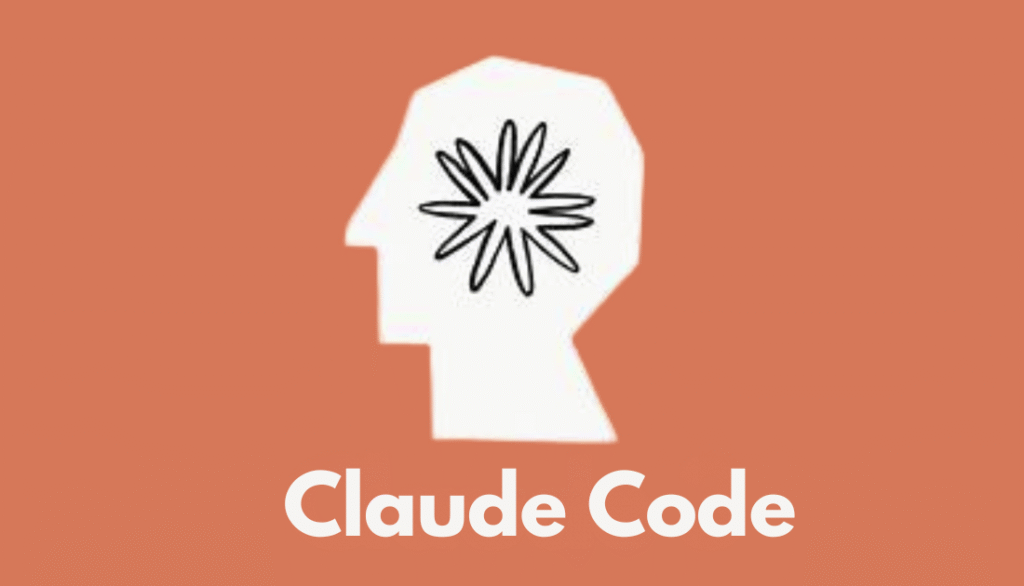Anthropic is implementing new weekly usage limits for Claude Code—its AI-powered coding assistant—aimed at reducing intensive usage patterns from a small subset of subscribers.
Highlights
- Weekly Usage Caps Introduced: New limits go live August 28, affecting all paid tiers—Pro ($20), Max ($100), and Max ($200).
- Targeting Heavy Usage: Aimed at curbing 24/7 background use and account sharing among a small subset of power users.
- System Stability in Focus: Recent outages tied to intense compute loads prompted the infrastructure-driven decision.
- New Limit Structure: Weekly caps now supplement the existing 5-hour reset model and may require extra API credits if exceeded.
- Estimated Allowances: Max users may get up to 480 Sonnet 4 hours and 40 Opus 4 hours per week, though real usage varies.
- Developer Concerns Rising: Complaints include lack of real-time tracking, disrupted productivity, and unclear usage scope.
- Fewer Than 5% Affected: Anthropic claims only a small portion of subscribers will hit the new caps based on current patterns.
This update, which goes into effect on August 28, applies to all tiers of paid users, including the $20 Pro, $100 Max, and $200 Max plans.
According to the company, the decision stems from observations of “24/7 background usage” and account sharing. These behaviors have raised concerns about system strain, prompting Anthropic to introduce constraints to ensure platform stability and equitable access.
Infrastructure Challenges Prompt Change
Claude Code, built on Anthropic’s Claude Opus and Sonnet models, has become a go-to tool for developers—but its popularity has contributed to growing infrastructure challenges.
Over the past month, the service experienced multiple partial or major outages, as reported on Anthropic’s own status page. These interruptions are believed to be linked to continuous, resource-heavy usage.
In response, Anthropic is introducing weekly rate limits in addition to its existing five-hour resetting limits.
These include overall usage caps and specific restrictions for Claude Opus 4, the company’s most advanced model. Users who exceed these limits will have the option to purchase additional access at standard API rates.
Breakdown of Usage Allocation
- Pro Plan ($20/month): ~40–80 hours of Sonnet 4 usage
- Max Plan ($100/month): ~140–280 hours of Sonnet 4 + 15–35 hours of Opus 4
- Max Plan ($200/month): ~240–480 hours of Sonnet 4 + 24–40 hours of Opus 4
While these figures provide a general sense of allocation, the method of calculating usage (wall-clock time vs. token or compute time) remains unclear.
Though Anthropic promotes the Max plan as offering up to 20x more usage than the Pro tier, real-world usage may translate to closer to 6x in actual coding hours.
Official Position and Communication
Anthropic shared its rationale on forums such as Hacker News and Reddit, citing fairness and system integrity as key motivators.
“Claude Code, especially as part of our subscription bundle, has seen unprecedented growth. At the same time, we’ve identified policy violations like account sharing and reselling access—and advanced usage patterns like running Claude 24/7 in the background—that are impacting system capacity for all.”
The company emphasized that fewer than 5% of users are expected to be affected, based on current usage patterns.
Developer Feedback and Concerns
Despite the company’s assurances, feedback from the developer community reflects frustration with the changes.
- Lack of usage transparency – Weekly limits make it difficult to track usage in real time.
- Productivity risks – If a user hits their cap early, they may be locked out for several days, stalling active projects.
- Confusion over scope – It’s not always clear whether the caps apply across all user tiers or only to specific plans.
One user commented,
“It’s been impossible to advance my project since the usage limits came into effect.”
Platform Evolution
Claude Code’s explosive early growth—reportedly reaching 100,000 users within its first week—suggests the platform is facing both opportunity and operational strain.
Anthropic has positioned itself as a company prioritizing safety, reliability, and focused use cases over broad-scale AI assistants, which makes consistent access and uptime critical.
Claude Opus 4, known for enabling autonomous coding sessions lasting up to seven hours and outperforming some competitors in code generation, contributes to high computational demand. As a result, usage controls have become part of the company’s resource management strategy.
Platforms like Cursor (Anysphere) and Replit have also implemented new rate limits or pricing updates to mitigate excessive usage.
In some cases, unclear communication around these changes has triggered user backlash, underscoring the importance of transparency when adjusting access.


